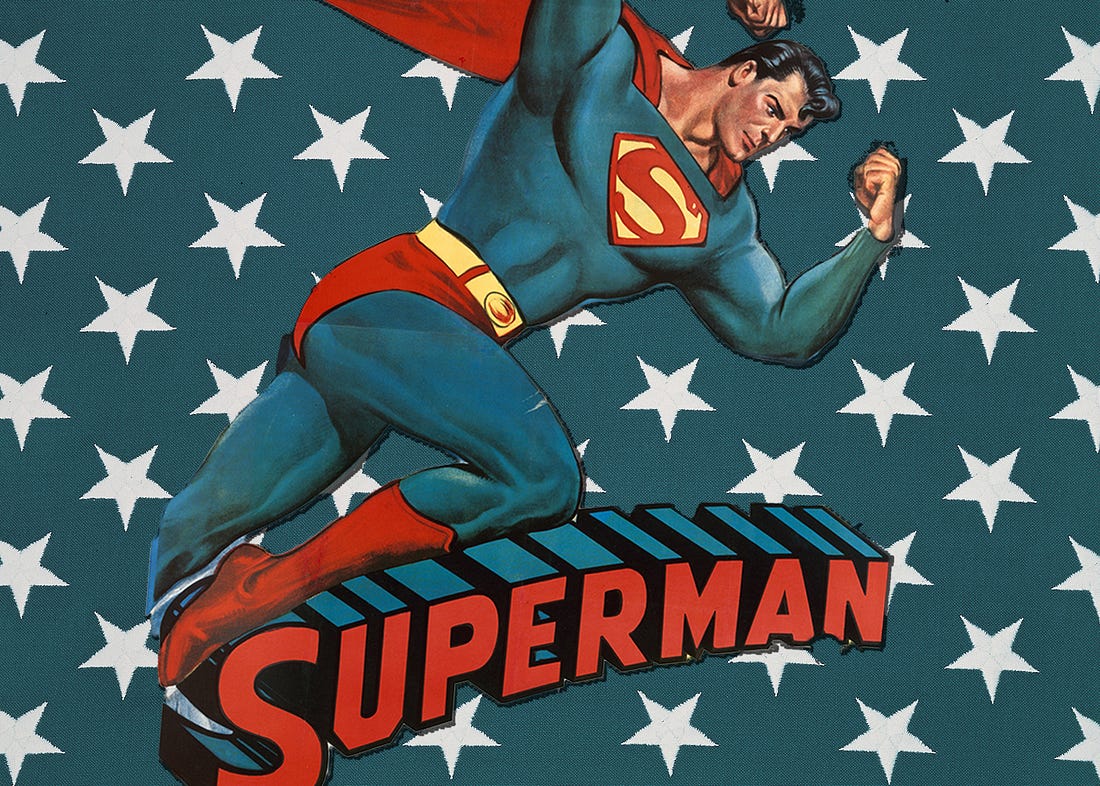|
 |
Trump vs. Truth, Justice, and the American Way
Plus: A case that could split the Supreme Court conservatives.
The FBI is reportedly subjecting its employees to polygraph tests to determine if they’re loyal to Director Kash Patel. Shall we count the ways this is stupid?
(1) Polygraph tests are, scientifically speaking, hokum. They’re not admissible in court, and the FBI probably shouldn’t use them for anything—not for routine security clearances, and definitely not for (arguably illegal and unconstitutional) personal loyalty tests.
(2) Because polygraphs don’t actually detect lies, some employees who are loyal to Patel might wind up punished or even fired, while employees who aren’t might get rewarded and promoted.
(3) If past is precedent, Patel likely won’t be in his job in a few years. Certainly the odds of him serving a full ten-year term are extraordinarily low. So are they gonna do a whole new round of polygraphs after the Senate confirms Catturd as FBI director in 2027?
Happy Friday.
Superman and the Other Great Books
by William Kristol
When I woke up today, I wasn’t sure what I was going to write about. Should I raise the alarm (again!) about how Trump’s mass-deportation policy is not just deplorable in itself but key to his authoritarian project? Should I call attention to new reporting about Trump’s politicization and corruption of the Justice Department and the FBI? Should I offer some further thoughts on the Trump administration’s lack of candor about Trump’s good friend Jeffrey Epstein?
All important. All kind of depressing.
Then, catching up on the latest developments this morning, I saw the White House tweet from last night in which Donald Trump’s head has been photoshopped into the poster for the new Superman movie:
It cheered me up.
Now you might think that the fact that this is what the official White House account is producing should make you cry, not laugh. But it’s so juvenile and vulgar and ridiculous that I couldn’t help but smile.
More importantly, the image of Superman led me back to my youth, and away from the contemporary topics I was planning to focus on, all of which have to do with how bad and dangerous the Trump administration is. I was able to put all that aside for a minute as memories came flooding in about those years in the early 1960s, when as a kid I used my allowance to buy Superman comic books from the newsstand and soda fountain (I believe it was called “Sam’s”) at 81st and Broadway, and when I watched reruns of Adventures of Superman, the 1950s show starring George Reeves as the Man of Steel.
Good times for me! Better times than today, I might add, for the country!
I can still hear the off-screen narration that opened the TV show:
Faster than a speeding bullet! More powerful than a locomotive! Able to leap tall buildings at a single bound!
(“Look! Up in the sky!” “It’s a bird!” “It’s a plane!” “It’s Superman!”)
Yes, it’s Superman . . . strange visitor from another planet, who came to Earth with powers and abilities far beyond those of mortal men! Superman, who can change the course of mighty rivers, bend steel in his bare hands, and who, disguised as Clark Kent, mild-mannered reporter for a great metropolitan newspaper, fights a never-ending battle for truth, justice, and the American way!
Classic.
I don’t think my interest in Superman, either in comics or on TV, lasted more than a couple of years. By 1964, I was reading James Bond novels (the first Bond movie had come out in 1962), The Man from U.N.C.L.E. was debuting on TV, and it was election season—I was for LBJ against Goldwater (“All the Way with LBJ!”) but supported the moderate Republican, Ken Keating, against the carpetbagging RFK (“Keep Keating!”).
So I lost interest in Superman. And while public interest in Superman waxed and waned across various incarnations in comics and cartoons and movies and TV shows and spinoffs, I’ve been mostly oblivious.
The only time during that stretch when Superman did briefly re-enter my consciousness was when I was an assistant professor at Penn in the late 1970s and early 1980s. I was teaching, or more accurately trying to teach, political philosophy to students who weren’t, if I may say, naturally disposed to be fascinated by the great books of the past.
It did occur to me that I might try to use pop culture to grab students’ interest. I think I was trying to explain the notion of the “regime” in Plato and Aristotle, and vaguely remember giving a brief discourse on Superman and the famous slogan, “truth, justice, and the American way.” I pointed out that in listing those terms separately, the writers of Superman were acknowledging that the three things are separate and distinct. In particular, “the American way” implies that every political order has its own ordering of things, its own spirit, its own “way,” which doesn’t simply coincide with justice or truth. That’s a regime: It claims the support of truth and justice, but has its own distinctive character.

